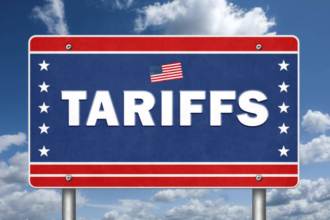Nestle has rejected its chief executive, Laurent Freixe, in its role in less than a year. The company revealed that Freix ended after failing to disclose a romantic relationship with a direct subordinate. This violation of corporate governance began an internal investigation under the leadership of Nestlé’s chair, Paul Bulk, and supported by an independent director and an external lawyer. The investigation confirmed that Freak’s conduct conflicted with the company’s strict code of conduct. As a result, he was removed with immediate effect, and it was confirmed that he would not get any exhaust package.
What triggered the internal investigation?
The investigation was initiated after a report through Nestle’s WychboLoeing System. Initially, there was no evidence to support claims in an internal review. However, as the allegations persistNestléstle started a second investigation related to the external lawyer. This deep review concluded that the relationship represented a conflict of interest and violated the company’s policies. Nestle insisted that its decision to set the CEO on fire showed a strong commitment to maintaining strong governance standards. Here is the link to our article on the Thailand Skyscraper Investigation.
Who has replaced the Nestlé CEO fired?
Philip Navratri has been appointed as the new CEO of Nestlé. After joining the company in 2001, the Navratri gained comprehensive experience, managing the Nestlé Division at Nestlé. The company assured the stakeholders that the appointment of Navratri will ensure that it focuses on the stable performance between the strategic priorities and market challenges ofNestlée.
How does this affect Nestlé’s future strategy?
Leadership change comes at an important time because Nestle Consumer Trends and encountering pressure from an increase in competition, especially in coffee products. Despite this shock, Nestle’s chair stated that the company’s strategy is unchanged, and this major performance will maintain its speed on the goals. The objective of the Swift infection is to assure investors and employees of Nestlé’s flexibility and governance integrity. Here is the link to our article on the Leicestershire Poisoning Investigation.
Final Thoughts
The decision to remove the Nestlé CEO is an important stance on corporate morality and accountability. This highlights Nestlé’s zero-oppression policy towards conflicts of interest within leadership. As Philip Navratil has stepped in, the company aims to strengthen stability and rebuild confidence to deliver value in the competitive global market. This phenomenon serves as a reminder that transparent governance is essential for maintaining corporate success.








